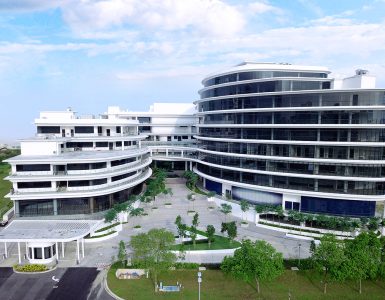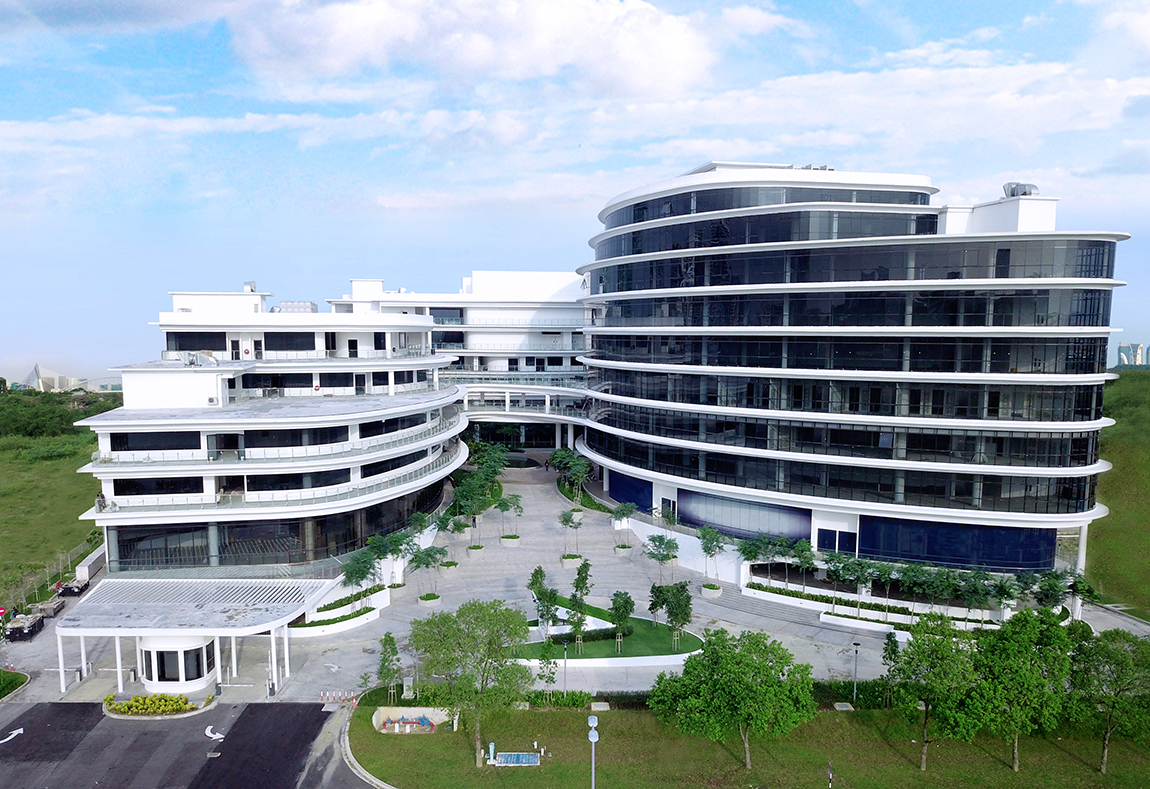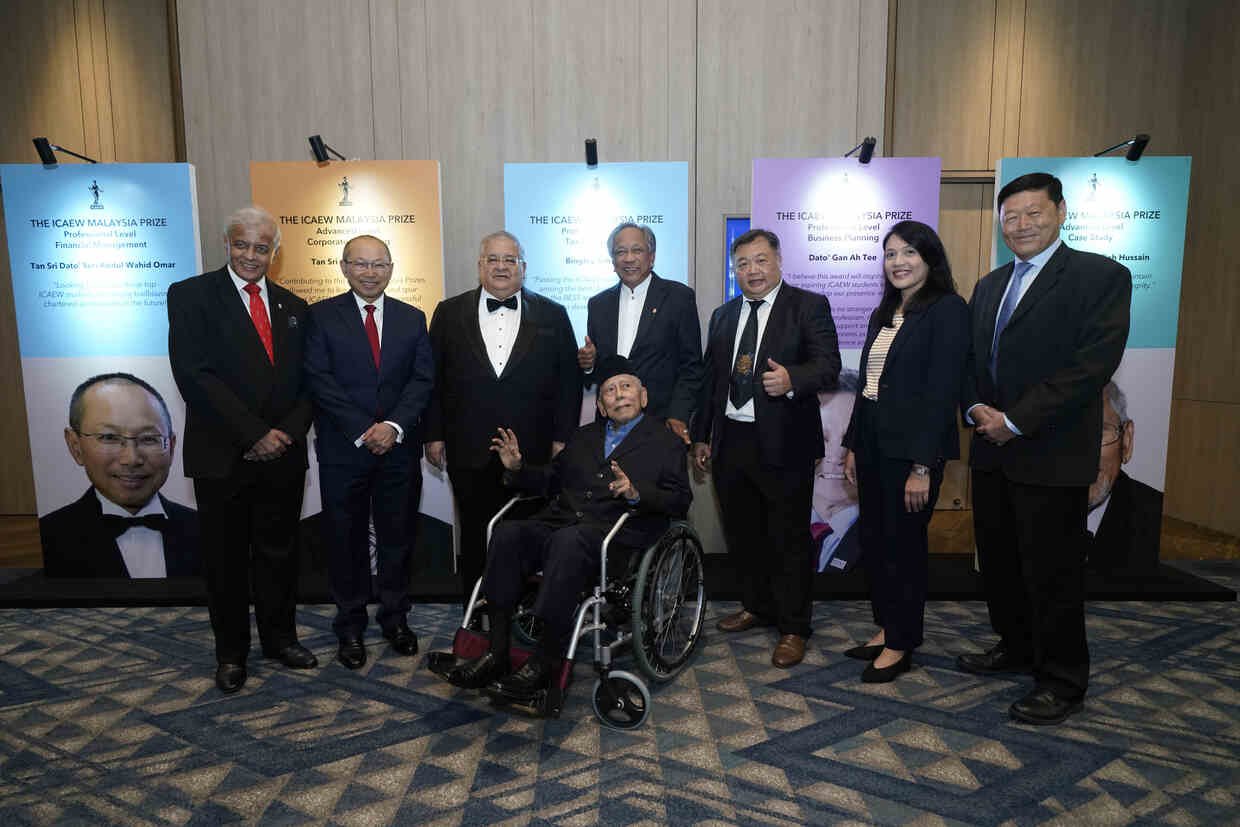The Attorney-General has the locus standi to initiate legal action to challenge the validity of the Selangor state secretary’s directive that state civil servants can only be questioned by the Malaysian Anti-Corruption Commission (MACC) at their own respective offices, the Appeals Court ruled today.
The circular was drafted after the death of Teoh Beng Hock, the former political secretary to state executive councillor Ean Yong Hian Wah, who was found dead at Plaza Masalam, where the MACC has its offices, near here on July 16 2009.
Teoh had earlier been questioned by Selangor MACC officials at its headquarters, on the 14th floor of the same building.
A three-man panel chaired by Justice Datuk Jeffrey Tan Kok Wha further ruled that the matter should go back to the High Court to be tried.
The panel, also comprising Justices Datuk Azhar@Izhar Ma’ah and Datuk Mohamed Apandi Ali, made the ruling in dismissing the Selangor state secretary and the Selangor Government’s appeal and upholding the High Court’s decision in disallowing their (Selangor state secretary and Selangor Government) application to strike out the Attorney-General’s originating summons in the matter.
The Selangor state secretary and Selangor Government were also ordered to pay RM30,000 in legal costs.
The Attorney-General filed the application, seeking a court declaration to nullify Circular No 4, 2009 dated July 28, asserting that the circular was illegal as it violated the newly-enacted Malaysian Anti-Corruption Act.
In his application, the Attorney-General said the circular was null and void as it prevented MACC officials from carrying out their duties as required by Parliament and the law. The circular states that the Selangor state executive council, in its July 22 meeting, decided that all staff who served under the state administration were not allowed to be interviewed by MACC officials outside their offices, instead could only be questioned at the state secretariat building.
It also said all meetings with MACC officials must be conducted between 8am and 6.30pm. The circular, signed by then state secretary Datuk Ramli Mahmud, stated that the executive council decision included giving legal services to civil servants when they were questioned by MACC officials.
The Selangor government, in its application to strike out the originating summons, claimed that the AG had no locus standi to start the proceedings and the appropriate party was the MACC because it was the party directly affected by the circular.
The appellants were represented by lawyer Tommy Thomas while Senior Federal Counsel Datin Azizah Nawawi acted for the Attorney-General.
— Bernama












